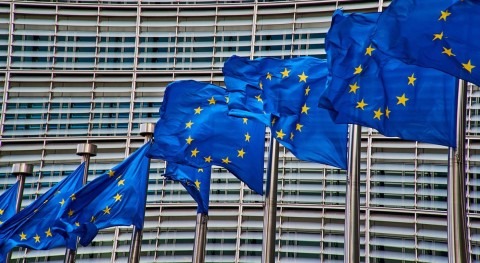The Green Climate Fund (GCF), the world’s largest multilateral climate finance body, has announced its biggest commitment yet — a $295 million package to support Jordan’s $6 billion Aqaba-Amman Water Desalination and Conveyance Project, one of the largest desalination initiatives in the world.
The landmark decision, approved during the GCF board meeting in South Korea, comes just weeks before COP30 in Brazil and underscores the fund’s growing role in climate resilience and adaptation financing a decade after the Paris Agreement.
“It will transform the country,” said Mafalda Duarte, Executive Director of the GCF, describing the project as the fund’s “highest investment in a single project” The funding package combines a grant and loan and is designed to attract additional financing from development banks and private investors, including the International Finance Corporation (IFC).
A strategic lifeline for a water-scarce nation
Jordan faces one of the most severe water shortages in the world — second only to Yemen — with per capita water availability declining amid rapid population growth and climate pressures. The desalination project will supply 300 million cubic meters of water annually from the Red Sea to serve nearly half the country’s population.
“The project is a strategic project to desalinate and transport 300 million cubic meters of water every year to most parts of the kingdom,” said Jordan’s Minister of Water and Irrigation, Raed Abu Soud.
Climate models predict that by the end of the century, Jordan could see a 4°C rise in average temperatures and a 21% decrease in rainfall, further exacerbating droughts and groundwater depletion. Against this backdrop, the Aqaba-Amman project — led by a consortium including Meridiam and SUEZ — is seen as critical to ensuring long-term water security.
Financial innovation and regional cooperation
A senior project official noted that GCF’s involvement would help lower water production costs by $0.10 per litre and save the government an estimated $1 billion over the project’s lifetime. The U.S. has pledged $300 million in grants and $1 billion in loans, while regional partners are expected to provide additional support.
The project is among 24 up for GCF board approval, totalling $1.4 billion — the fund’s largest single round of financing to date. Duarte emphasized the importance of accelerating climate finance flows: while multilateral development banks “were still not doing enough to mobilise private sector capital,” she said, “stakeholders need to be realistic about how much risk they can take.”


















